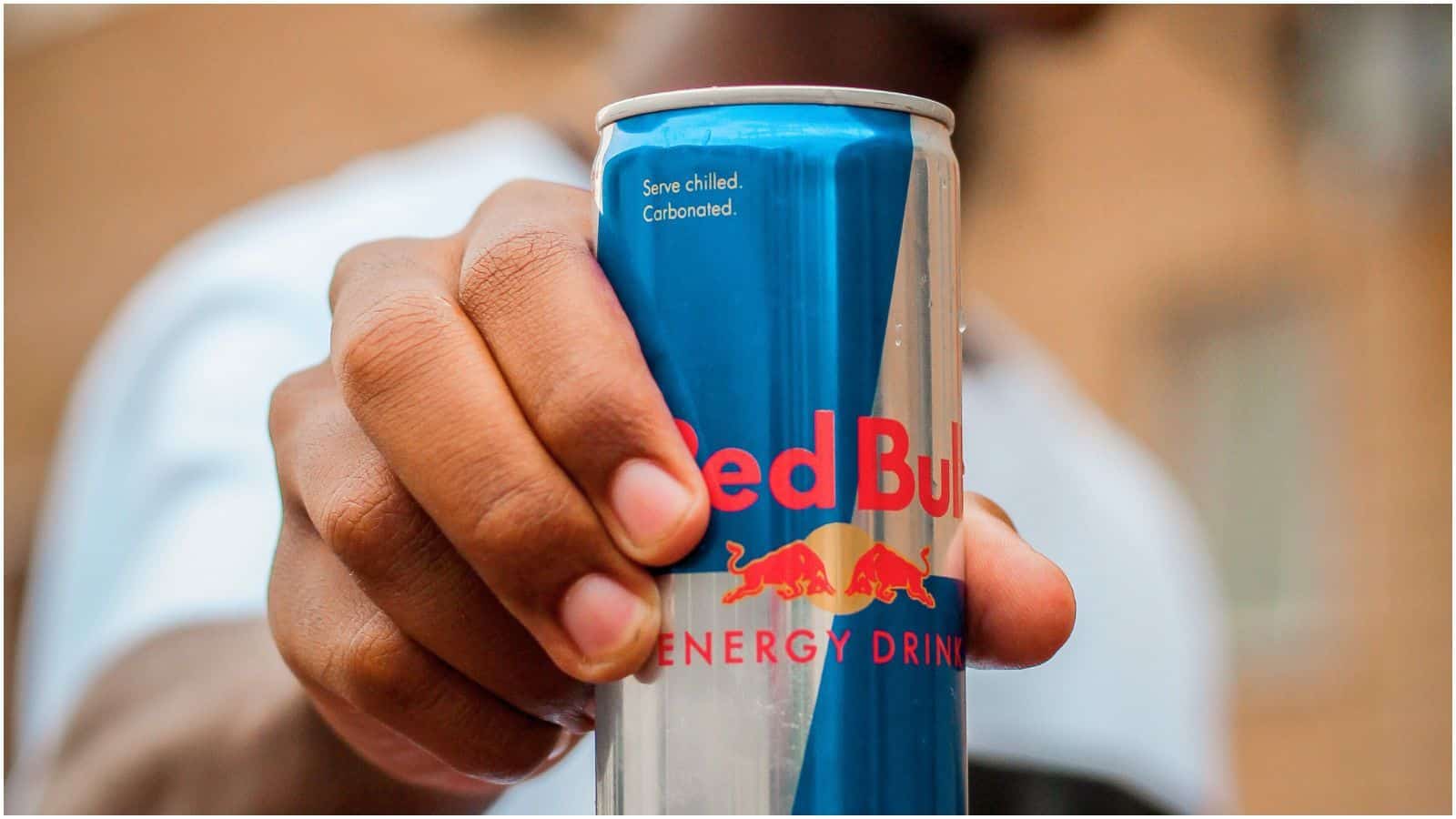Alcohol is everywhere—parties, dinners, even casual get-togethers. But there's a lot of misinformation floating around about it. In particular, these 10 misconceptions about alcohol have been around so long, they almost feel like common sense. The truth is, what you don't know about alcohol can actually hurt you. From how it affects your body to misunderstandings about what it can and can't do, it's time to set the record straight.
Whether you're a casual drinker or someone who enjoys the occasional night out, knowing the facts can help you make better choices. We've all heard things like "beer before liquor, never sicker" or "coffee sobers you up," but how much of that is actually true? Spoiler alert: not much.
So, let's get into some of the biggest lies about alcohol that you might wish you'd known sooner. Clearing up these misconceptions isn't just about being informed; it's about making sure you're treating your body right. After all, enjoying a drink should be fun, not fraught with hidden risks.

You can drink heavily and still be healthy

Some people believe that as long as they feel fine, they can drink heavily without any health consequences. However, heavy drinking can lead to a range of serious health problems, including liver disease, cardiovascular issues, and mental health disorders. Chronic alcohol consumption can also weaken the immune system, making you more susceptible to infections. Additionally, heavy drinking can contribute to weight gain and increase the risk of developing certain types of cancer. It's important to understand that the absence of immediate symptoms does not mean that alcohol is not causing harm to your body.
Alcohol is a stimulant

Many people believe that alcohol acts as a stimulant because it can initially make you feel more energetic and euphoric. However, alcohol is actually a depressant. It slows down brain function and neural activity. The initial feelings of excitement are due to the release of dopamine, a neurotransmitter associated with pleasure and reward. As you continue to drink, the depressant effects become more pronounced, leading to impaired judgment, coordination, and reaction times. Understanding that alcohol is a depressant can help you better anticipate its effects on your body and mind.
Alcohol helps you sleep better

While alcohol can make you fall asleep faster, it negatively impacts the quality of your sleep. Alcohol disrupts the normal sleep cycle, leading to less restorative sleep and more frequent awakenings during the night. It can also reduce the amount of REM sleep, which is important for cognitive function and emotional regulation. Over time, relying on alcohol to fall asleep can lead to dependence and exacerbate sleep problems. For better sleep, it's recommended to establish a regular sleep routine and avoid alcohol close to bedtime.
Everyone drinks a lot in college

There's a widespread perception that heavy drinking is a normal part of the college experience. While it's true that some college students engage in binge drinking, many others either don't drink at all or do so in moderation. Peer pressure and social media can exaggerate the prevalence of heavy drinking, making it seem more common than it actually is. It's important to make informed decisions about alcohol consumption based on your own values and health considerations, rather than feeling pressured to conform to perceived norms.
Alcohol isn't addictive if you only drink socially

Many people believe that social drinking cannot lead to addiction. However, even social drinking can become problematic for some individuals. Alcohol use disorder can develop gradually, and the line between social drinking and dependency can be thin. Factors such as genetics, mental health, and social environment can influence the risk of developing an addiction. It's important to monitor your drinking habits and be aware of any signs of dependency, such as needing to drink to relax or feeling unable to stop after starting. Recognizing these signs early can help prevent more serious issues.
Drinking coffee sobers you up

A common myth is that drinking coffee can counteract the effects of alcohol, making you sober faster. While caffeine can make you feel more alert, it does not affect the rate at which your body metabolizes alcohol. The liver processes alcohol at a constant rate, typically about one standard drink per hour. Drinking coffee may mask some of the drowsiness and lethargy caused by alcohol, but it does nothing to reduce blood alcohol concentration. Relying on coffee to sober up can give a false sense of security, potentially leading to risky behaviors.
Mixing alcohol with energy drinks is safe

Combining alcohol with energy drinks is popular among some people, but it can be dangerous. Energy drinks contain high levels of caffeine, which can mask the depressant effects of alcohol. This can lead to a false sense of alertness, causing you to drink more than you might otherwise. The combination can also increase the risk of dehydration, heart palpitations, and other health issues. It's important to be aware of the potential dangers and to consume both alcohol and energy drinks in moderation, if at all.
Alcohol warms you up

Many people think that drinking alcohol can help them stay warm in cold weather. While alcohol might make you feel warmer temporarily, it actually causes blood vessels to dilate, leading to increased blood flow to the skin. This results in a sensation of warmth but also causes your body to lose heat more rapidly, which can lower your core body temperature. This can be dangerous in cold environments, as it increases the risk of hypothermia. It's important to dress appropriately for cold weather and not rely on alcohol for warmth.
Beer before liquor, never sicker; liquor before beer, you're in the clear

This saying suggests that the order in which you consume different types of alcohol affects how sick you might feel. However, the sequence of drinking beer and liquor doesn't influence the likelihood of getting sick. What matters is the total amount of alcohol consumed and how quickly you drink it. Mixing different types of alcohol can make it harder to keep track of your intake, but the same amount of alcohol will have the same effect on your body regardless of the order. Moderation and pacing are key to avoiding hangovers and other negative effects.
You can drink and still be in control

Some people believe they can maintain control over their actions and decisions while drinking. However, alcohol impairs cognitive functions, including judgment, reaction time, and coordination. Even small amounts of alcohol can affect your ability to make rational decisions and respond to situations appropriately. The more you drink, the greater the impairment. This can lead to risky behaviors, accidents, and poor decision-making. It's crucial to recognize that alcohol affects everyone differently and to be aware of your limits to guarantee your safety and the safety of others.
Sip Wisely, Live Wisely

So there you have it, some of the biggest myths about alcohol debunked. It's easy to get caught up in what everyone else is saying or doing, but understanding the truth can make a big difference in how you approach drinking. Whether it's knowing that alcohol won't actually warm you up or realizing that the order of your drinks doesn't matter, these insights can help you make smarter choices.
Remember, it's not about cutting out alcohol entirely—unless that's what you want—it's about being informed. Knowledge is a great tool for making decisions that suit your lifestyle and health. So next time you're out with friends or enjoying a quiet evening at home, you'll have a clearer idea of what you're getting into.
In the end, enjoying alcohol responsibly is all about balance and awareness. By busting these myths, you can enjoy your drinks with a little more confidence and a lot less worry. Cheers to making better choices and staying informed!






Tell Me What You Think!